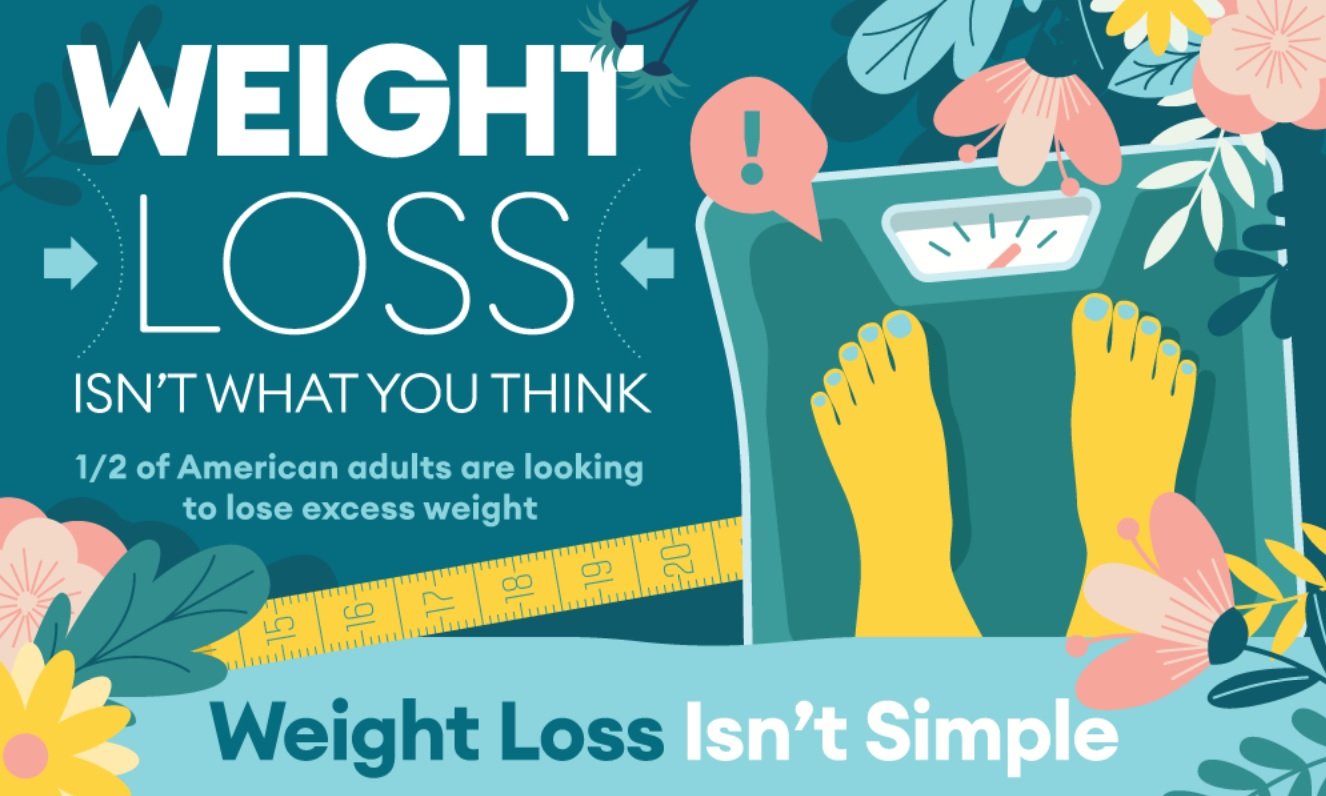Many Americans are trying to find ways to lose excess weight, but it isn’t as simple as it sounds. People have found losing weight especially difficult during the pandemic as 42% of American adults involuntarily gained an average of 29 pounds. The problem is further complicated by the notion that only around 50% of doctors in the U.S. are trained in obesity management while just 56% of physicians feel qualified to offer obesity treatments.
Q3 2021 hedge fund letters, conferences and more
The Benefits Of Weight Loss
There is a stronger need for a better way to treat medical weight loss after studies show that losing 5% of body weight is enough to have a positive health impact. However, overweight patients struggle to get the care they need as a study by Johns Hopkins shows that 21% of overweight patients felt like they were being judged by their doctor for their weight and therefore are less likely to trust the doctor’s advice. Another study found that overweight patients are more likely to switch doctors multiple times due to off-putting comments and uninvited advice related to weight loss. These unpleasant experiences and anxiety around being weighed have caused at least 55% of patients to cancel a doctor’s appointment.
Many doctors have also refrained from using weight-loss medications with just 24% of doctors accounting for 90% of weight-loss prescriptions even though there are several options that are safe and effective. This means only about 3% of patients who can take weight-loss medications are prescribed them. When patients use medications such as naltrexone or bupropion, they are able to lose around 8% of their weight after 24 weeks, which is better than losing only 1.1% with diet and exercise alone.
3 in 5 Americans say that the weight loss process is almost as miserable as being overweight. Mental health issues could be a contributing factor as 80% of people with mental illnesses have weight issues. Mental illness can lead to loss of sociability, anxiety, impulsivity, mood control, impaired memory and mental processes, and the avoidance of social interactions which all can make it more difficult to learn better weight loss habits or adopt behaviors that support weight loss. Mental health can also reduce levels of activity resulting in slower metabolism and a harder time keeping weight off. Depression caused by mental health issues can hinder weight loss as well since it can cause changes in appetite, unusual stomach and digestive issues, and even food addiction.
Losing weight and keeping it off is a challenge for many, but understanding the issues and concerns around weight loss can help you create a weight loss plan that will help you succeed.
Infographic source: Relish Life














